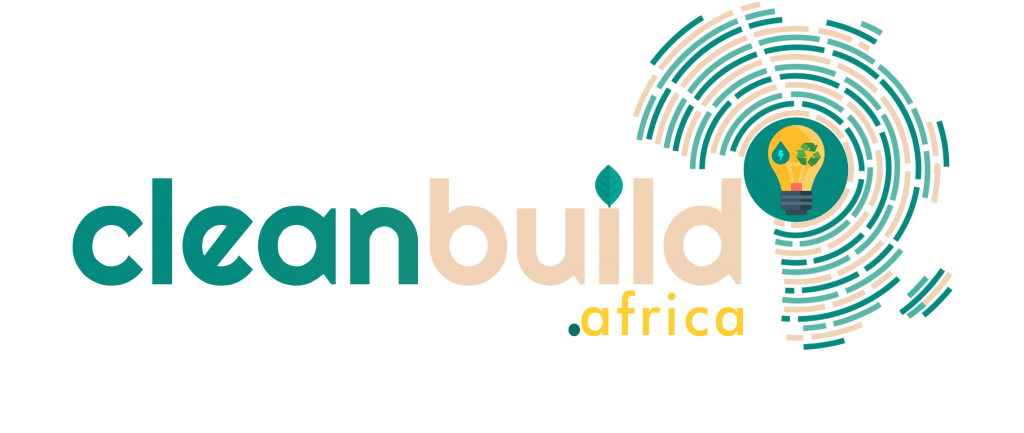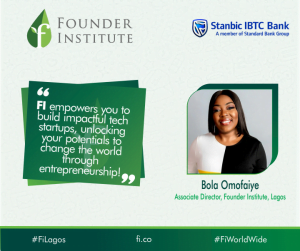Out of the 1.1 million tons of plastic waste generated in Ghana every year, approximately 5% of waste is collected for recycling.
Even with this low figure, the country has become a regional front-runner committed to creating a domestic recycling industry that protects both the environment and its people.
To boost it further, stakeholders in the waste management value chain have called for efforts to foster collaboration and commitment among key players to promote a circular economy and sustainable waste management in Ghana.
This was made during the maiden Ghana Waste Fair organized by the United Nations Development Program (UNDP) in partnership with the Coca-Cola Foundation and the Ghana National Plastic Action Partnership under the Waste Recovery Platform.
The Ghana Waste Fair 2021 converged over 300 stakeholders to dialogue and share ideas on to leverage innovation to promote sustainable waste management in the country.
Commenting at the Fair, Angela Lusigi, the Resident Representative of UNDP Ghana, said, tasked all to leverage inclusive partnerships to mobilize support to help in the scaling up of innovative solutions for sustainable waste management.
She further urged stakeholders to recognize the urgency of environmentally sound waste management as a gateway to achieving the Sustainable Development Goals (SDGs) and take action for the prosperity of people and the planet.
“It is time to make the right choices for equitable and lasting prosperity for all people across generations by prioritizing waste prevention, reduction, recycling, and re-use”, Lusigi added.
The Chief Director at the Ministry of Environment, Science, Technology, and Innovation, Ms. Cynthia Asare Bediako, underscored the importance of sustainable waste management to job creation and urged all stakeholders, especially households to actively participate in the waste management agenda.
According to her, the time to make good use of our abundant resources is now. We must therefore deepen our partnerships across all sectors to support innovations that will transform waste management into a profitable venture.
Major actors in the waste value chain stressed the need for a policy intervention to support innovation in the waste management ecosystems that will motivate more people and companies to find innovative solutions for sustainable waste management and promote a circular economy.
In addition, Matilda Payne Boakye-Ansah, Founder of MH Couture and Extreme Upcycle who was also a panelist, said,
“Whilst we do our best as individuals and companies to solve the waste problem through our innovations, the government should incentivize us with tax exemptions and other support to enable us to scale up for a deepened impact.”
The stakeholders also highlighted the need for inclusive policy-making processes to allow innovators and waste collectors at the grassroot level to make inputs towards waste management policies.
Other exhibitors at the fair showed their satisfaction and called for sustained efforts to build more partnerships for an improved waste management system in Ghana.
One of such is Amos Gbortse Kokoti, Operations Manager of Fibre Wealth. He expressed his delight at the opportunity to showcase the potential of waste recycling.
“Apart from the huge sales we have made here, we have also built some partnerships that we are going to leverage to scale up our business”, he said.

































